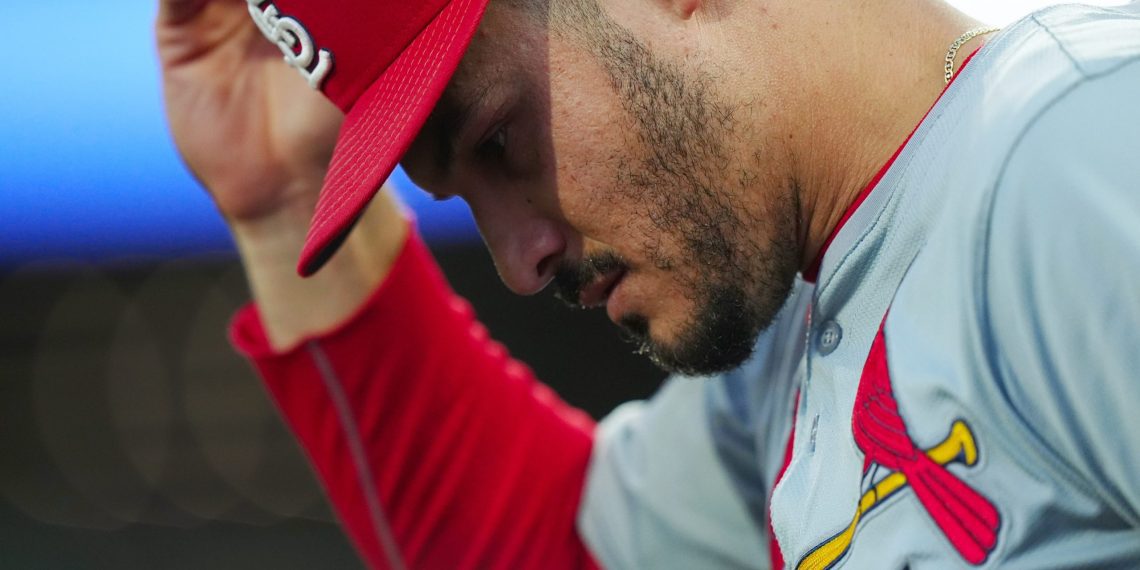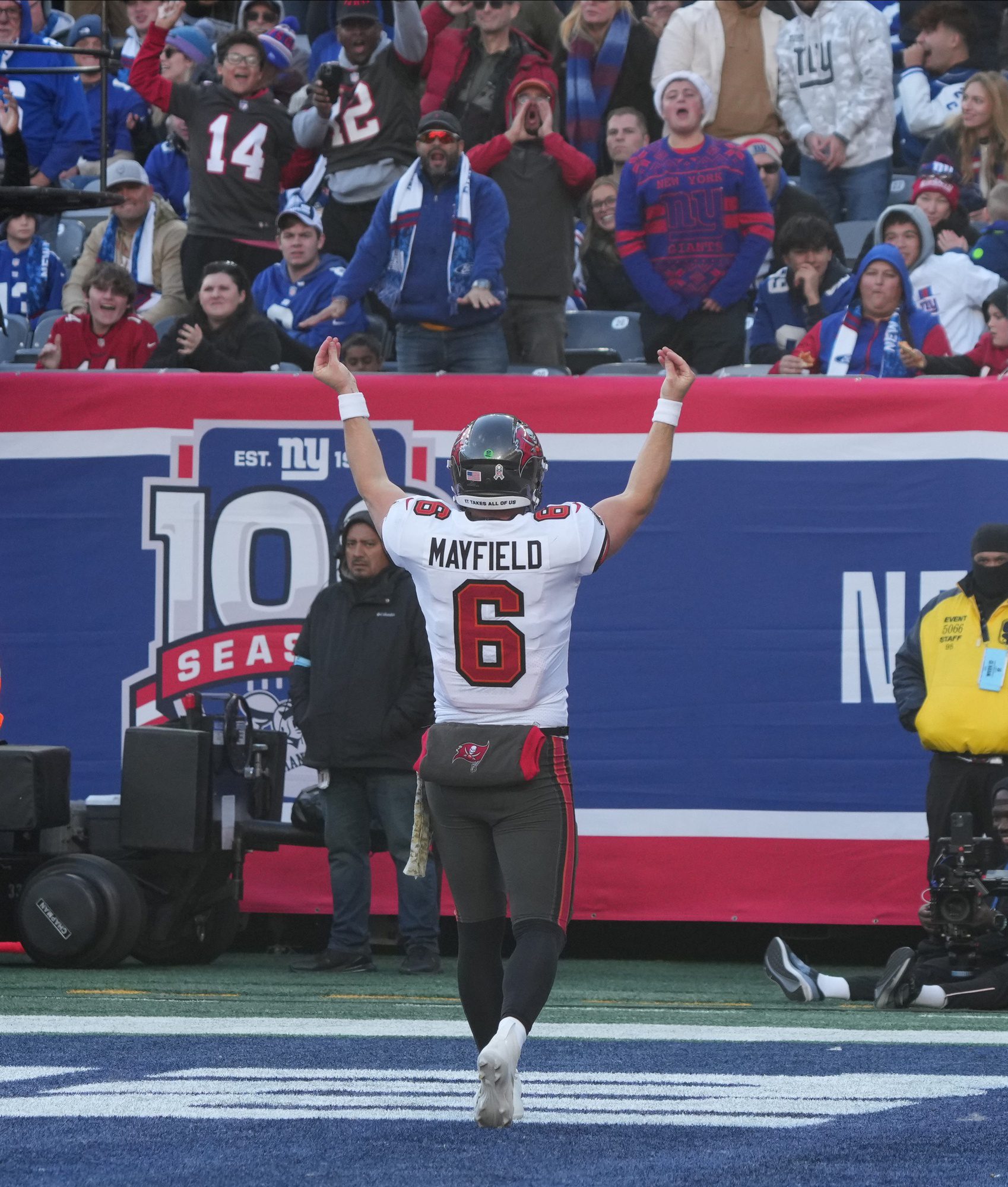As the trade winds swirl around Nolan Arenado, the baseball world holds its breath in anticipation of the six teams that could potentially secure the services of the star third baseman. With the power to approve trades to the Angels, Dodgers, Padres, Phillies, Mets, or Red Sox, Arenado’s fate hangs in the balance, dictating the course of his career and the landscape of Major League Baseball. The stakes are high, and the drama is palpable as fans and analysts alike eagerly await the resolution of this blockbuster saga.
Agent Joel Wolfe sheds light on Arenado’s mindset, emphasizing the importance of finding a winning team for his client. Wolfe explains, “He wants a team that has the throttle down… that he believes he can jump right in and they’re going to win right now.” This sentiment underscores Arenado’s desire for immediate success and hints at the meticulous consideration behind his list of approved trade destinations. The quote encapsulates the essence of Arenado’s aspirations and sets the stage for the strategic chess match unfolding among the involved parties.
The Intriguing Trade Landscape
Amidst the trade discussions, several teams have emerged as potential suitors for Arenado, each presenting unique opportunities and challenges. The Yankees, known for their storied history and competitive spirit, stand out as a compelling option. However, uncertainties loom over their candidacy, with questions surrounding their current roster dynamics and Arenado’s compatibility with the team. As the negotiations unfold, the Yankees’ position in the Arenado sweepstakes remains uncertain, adding an element of suspense to the already intense trade talks.
Navigating Position Changes and Team Dynamics
Wolfe’s revelation about Arenado’s willingness to adapt his position to accommodate potential suitors adds a fascinating dimension to the trade discussions. By expressing openness to playing first base or even switching positions, Arenado showcases his versatility and team-first mentality. This flexibility not only enhances his value as a player but also demonstrates his commitment to contributing meaningfully to his future team’s success. As trade negotiations progress, Arenado’s adaptability could prove to be a pivotal factor in determining his landing spot and reshaping the dynamics of the acquiring team.
Geographic Factors and Strategic Considerations
While geographic proximity may play a role in Arenado’s list of approved teams, Wolfe dismisses any notion of a specific preference, emphasizing the overarching goal of joining a competitive and winning franchise. The Padres, Dodgers, and Angels, all located in Southern California, present intriguing possibilities for Arenado, given their proximity to his hometown. However, Wolfe’s assertion that geographic location holds minimal significance underscores the primacy of competitive success in Arenado’s decision-making process. As the trade saga unfolds, the interplay between personal ties and professional aspirations adds a layer of complexity to the negotiations, shaping the narrative of Arenado’s potential relocation.
The culmination of Arenado’s trade saga promises to redefine the landscape of Major League Baseball, with far-reaching implications for the teams involved and the broader baseball community. As the dust settles and Arenado dons a new jersey, the reverberations of this blockbuster trade will echo throughout the league, setting the stage for a new chapter in the star third baseman’s illustrious career.









